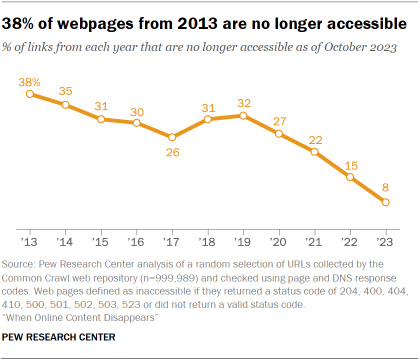Article by Steven M. Bellovin: “There were three U.S. technical/legal developments occurring in approximately 1993 that had a profound effect on the technology industry and on many technologists. More such developments are occurring with increasing frequency.
The three developments were, in fact, technically unrelated. One was a bill before the U.S. Congress for a standardized wiretap interface in phone switches, a concept that spread around the world under the generic name of “lawful intercept.” The second was an update to the copyright statute to adapt to the digital age. While there were some useful changes—caching proxies and ISPs transmitting copyrighted material were no longer to be held liable for making illegal copies of protected content—it also provided an easy way for careless or unscrupulous actors—including bots—to request takedown of perfectly legal material. The third was the infamous Clipper chip, an encryption device that provided a backdoor for the U.S.—and only the U.S.—government.
All three of these developments could be and were debated on purely legal or policy grounds. But there were also technical issues. Thus, one could argue on legal grounds that the Clipper chip granted the government unprecedented powers, powers arguably in violation of the Fourth Amendment to the U.S. Constitution. That, of course, is a U.S. issue—but technologists, including me, pointed out the technical risks of deploying a complex cryptographic protocol, anywhere in the world (and many other countries have since expressed similar desires). Sure enough, Matt Blaze showed how to abuse the Clipper chip to let it do backdoor-free encryption, and at least two other mechanisms for adding backdoors to encryption protocols were shown to have flaws that allowed malefactors to read data that others had encrypted.
These posed a problem: debating some issues intelligently required not just a knowledge of law or of technology, but of both. That is, some problems cannot be discussed purely on technical grounds or purely on legal grounds; the crux of the matter lies in the intersection.
Consider, for example, the difference between content and metadata in a communication. Metadata alone is extremely powerful; indeed, Michael Hayden, former director of both the CIA and the NSA, once said, “We kill people based on metadata.” The combination of content and metadata is of course even more powerful. However, under U.S. law (and the legal reasoning is complex and controversial), the content of a phone call is much more strongly protected than the metadata: who called whom, when, and for how long they spoke. But how does this doctrine apply to the Internet, a network that provides far more powerful abilities to the endpoints in a conversation? (Metadata analysis is not an Internet-specific phenomenon. The militaries of the world have likely been using it for more than a century.) You cannot begin to answer that question without knowing not just how the Internet actually works, but also the legal reasoning behind the difference. It took more than 100 pages for some colleagues and I, three computer scientists and a former Federal prosecutor, to show how the line between content and metadata can be drawn in some cases (and that the Department of Justice’s manuals and some Federal judges got the line wrong), but that in other cases, there is no possible line1
Newer technologies pose the same sorts of risks…(More)”.

